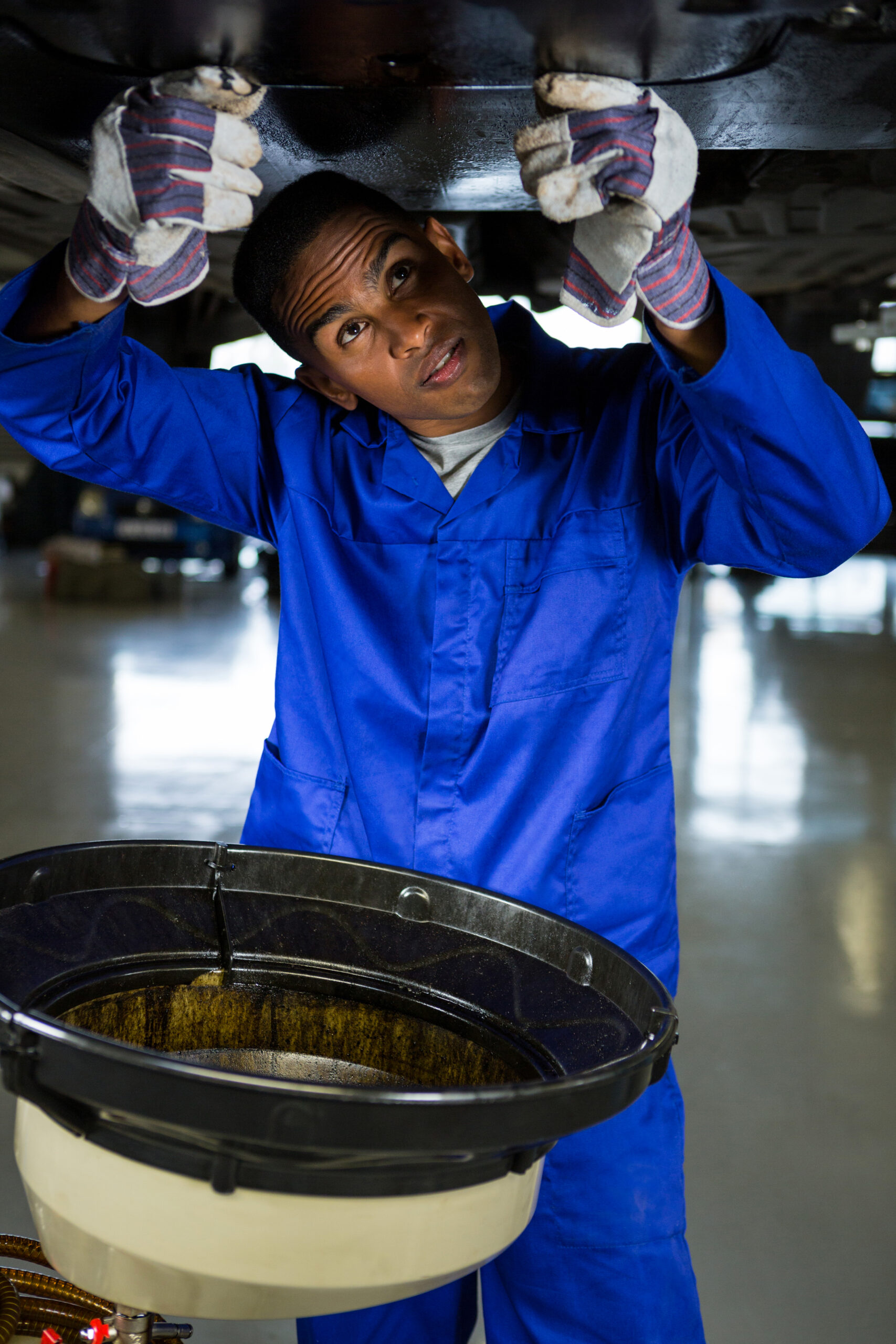As a leading lubricant supplier, 11plc (formerly known as Mobil) understands the significance of lubricants filtration in maintaining the health and longevity of industrial equipment. Lubricants play a critical role in reducing friction, wear, and tear on moving parts, but their effectiveness can be compromised by contamination. In this article, we will delve into the importance of lubricants filtration, its benefits, and best practices for implementing an effective filtration program.
The Risks of Contamination
Contamination is a major threat to the integrity of lubricants and the equipment they protect. Even small amounts of dirt, dust, water, or other foreign particles can cause significant damage. Contaminated lubricants can lead to increased wear and tear, overheating, corrosion, and ultimately, equipment failure.As a leading lubricant supplier, 11plc (formerly known as Mobil) understands the significance of lubricants filtration in maintaining the health and longevity of industrial equipment. Lubricants play a critical role in reducing friction, wear, and tear on moving parts, but their effectiveness can be compromised by contamination. In this article, we will delve into the importance of lubricants filtration, its benefits, and best practices for implementing an effective filtration program.

Benefits of Lubricants Filtration
1. Equipment Protection: Filtration helps remove contaminants, ensuring lubricants perform optimally and equipment runs smoothly.
2. Extended Lubricant Life: Clean lubricants last longer, reducing replacement costs and waste.
3. Energy Efficiency: Well-lubricated equipment operates more efficiently, consuming less energy.
4. Reduced Downtime: Filtration minimizes equipment failure, resulting in less downtime and increased productivity.
5. Environmental Benefits: Properly filtered lubricants reduce waste and prevent environmental contamination.
Best Practices for Lubricants Filtration
1. Choose the Right Filter: Select filters designed for your specific equipment and lubricant type.
2. Regular Maintenance: Replace filters as recommended and perform regular lubricant analysis.
3. Monitor Contamination: Implement a contamination monitoring program to detect issues early.
4. Implement a Clean Storage and Handling Procedure: Ensure lubricants are stored and handled in a clean and controlled environment to prevent contamination.
5. Consider Off-Line Filtration: Use dedicated filtration systems for stored lubricants.
Conclusion
Lubricants filtration is a critical aspect of equipment maintenance, and neglecting it can result in costly repairs, downtime, and environmental harm. By understanding the risks of contamination and implementing best practices for filtration, you can protect your equipment, optimize performance, and contribute to a more sustainable future.
Trust 11plc to provide you with the highest quality lubricants and expert advice on filtration and maintenance.

